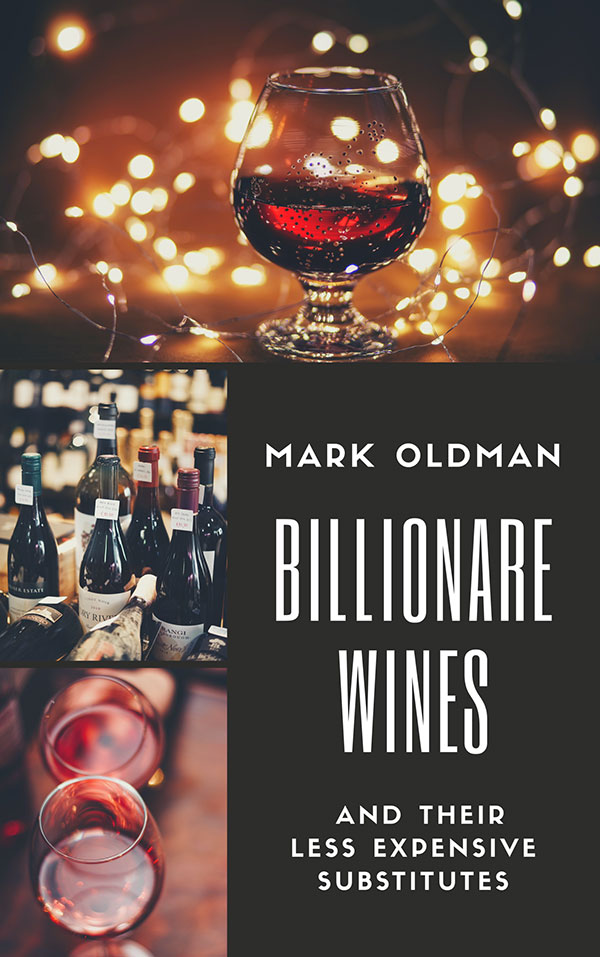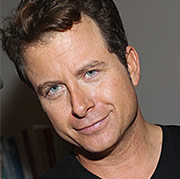Three Wine Books that Ably Bridge the Abyss
During an appearance on Martha Stewart Radio two years ago, then-host Mario Bosquez taught me an expression that has continued to resonate. When I told him that I was hopelessly immersed in writing my most recent wine books, he, an author himself, issued a knowing chuckle:
“Ah, yes, you’ve fallen into the page.”
Exactly, I thought. That’s the perfect way to describe the inevitable and socially compromising black hole that envelops many authors during the writing process. It is a self-inflicted Hanoi Hilton of creative exertion requiring the stamina of an English Channel breaststroker and the ability to stave off the delirium of so many hours laboring alone, the kind of bleary-eyed desperation portrayed memorably by Taxi’s Alex Reger’s in his stint as a security guard.
It is doubly difficult writing a wine book, because friends and family assume that focusing on such a glorious subject must make the process pleasurable, if not downright sozzling. Not so, I say, writing on wine is more like pulling endless an all-nighter in the basement office of a vacation resort: it doesn’t matter how close you are to the beach, you are there to toil.
And toil it is, if you want to add something fresh to the oceanic body of wine writing. Because the complexities of wine can be difficult to distill, a good wine book requires extra thinking and contouring on the part of its writer, laboring to find just the right combination of words, tone and structure. Like a mountain guide, a wine writer’s mission should be to smooth out the experience for those who follow, sweating out the details and potential perils before the journey ever begins for his audience. You fall into page, so you’re readers don’t have to.
The following are three recently-released wine books, each different in approach, but all admirable for their ability to bridge the abyss of wine complexity:
The Food Lover’s Guide to Wine by Karen Page and Andrew Dorenburg (Little, Brown, $35)
Authors, sybarites, and culinary chroniclers, Karen Page and Andrew Dorenburg produce another masterful and boundlessly useful tome. Powered by dozens of interviews with top sommeliers around the world, the book provides encyclopedic coverage of over 200 wines types, each described in terms of the wine’s essential flavor components. Four-color and sleekly designed, it is supercharged with nuggets advice, tips, and original features such as a time-line of historical wine events. It is a must-have for the novices, connoisseurs, and restaurant professionals.
Unquenchable: A Tipsy Quest for the World’s Best Bargain Wines (Berkley Publishing Group, $24)
Canadian wine star Natalie MacLean’s fine and self-deprecating prose reaffirms my penchant for all things Canadian. Her new book details her adventures in locations both far-flung and within the Great White North, stalking value wines and winding up in helicopters over the Niagara Peninsula and in a car zooming down the Autobahn. The reader gets to ride shotgun with her and learn about Malbec, German Riesling, South African wine and other key wine values. Her chapter-ending “Field Notes from a Cheapskate” provide a satisfying summary of these types. A must for those seeking to learn about affordable wine through the entertaining adventures of a vital, charismatic wine expert.
Bouquet by G.B. Stern (eatdrink.co, $85)
The eternal, gnawing question for me is what book to get a wine aficionado that she already doesn’t own or know about. Problem solved: Bouquet is a small-batch, re-release of a charming 1927 travel adventure of the author, her husband, and another couple who tour Bordeaux, Burgundy, the Loire, and other wine regions of France. During their romp we learn that the many of the questions seizing wine lovers today — Old World vs. New World, Burgundy vs. Bordeaux — were just as germane some 85 years ago. The book’s fondle-worthy, cloth-bound cover and eggshell finish text will have you breathing in its pages like they were a fine Volnay – and think back to a simpler, more refined era of publishing.


